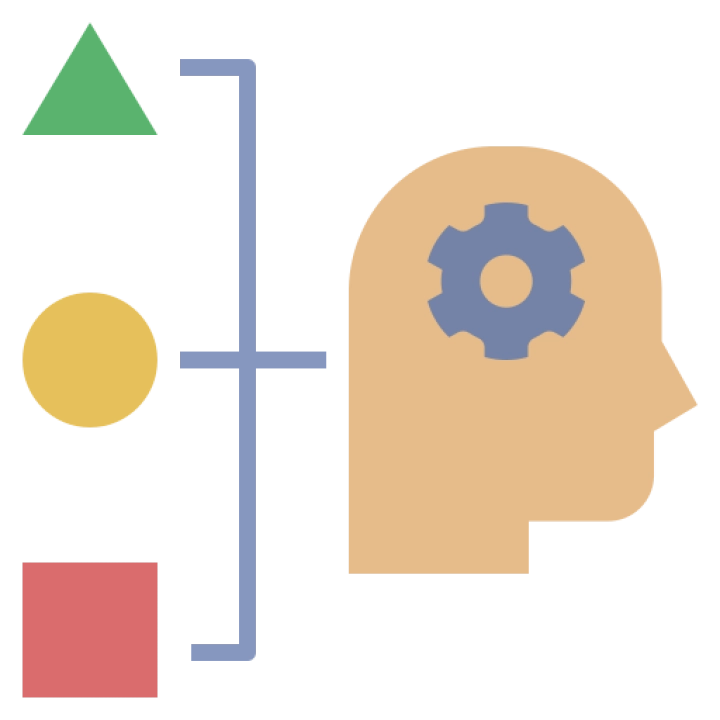Faculty: Graduate School of Natural and Applied Sciences
The Applied Physics concentration focuses on the practical application of physics principles to solve real-world problems. Students develop skills in experimental techniques, data analysis, and technological systems design. Graduates are prepared for careers in research, industry, engineering, and technology development.
Learning Objectives:
- Understand the fundamentals of physics and its applications.
- Develop skills in experimental design, data analysis, and problem-solving.
- Learn techniques to apply physics principles to technological innovations.
- Explore principles of optics, electronics, material science, and quantum mechanics.
- Analyze and interpret experimental data and physical phenomena.
- Develop critical thinking, problem-solving, and experimental skills for effective applied physics practice.
Main Curriculum:
- Introduction to Applied Physics
- Overview of main concepts and applications in applied physics.
- Fundamentals of classical mechanics, electromagnetism, and quantum mechanics.
- Experimental Physics
- Principles of experimental physics, including experimental design, data collection, and analysis.
- Techniques for conducting and interpreting physical experiments.
- Optics and Photonics
- Principles of optics and photonics, including light propagation, optical systems, and laser technology.
- Techniques for designing and analyzing optical and photonic devices.
- Electronics and Semiconductors
- Principles of electronics and semiconductors, including circuit theory, semiconductor devices, and microelectronics.
- Techniques for designing and analyzing electronic circuits and semiconductor devices.
- Materials Science
- Principles of materials science, including structure, properties, and applications of materials.
- Techniques for characterizing and developing new materials.
- Quantum Mechanics and Nanotechnology
- Principles of quantum mechanics and nanotechnology, including quantum phenomena, nanomaterials, and quantum computing.
- Techniques for applying quantum mechanics to nanotechnology and quantum devices.
- Data Analysis and Computational Physics
- Principles of data analysis and computational physics, including numerical methods, simulation, and modeling.
- Techniques for analyzing and interpreting complex datasets and physical systems.
- Practical/Applied Training
- Real-world experiences in applied physics environments, including internships in research labs, industrial companies, or technology firms.
- Apply acquired skills in practical applied physics scenarios.
- Capstone Project in Applied Physics
- A comprehensive project that applies skills in experimental design, data analysis, or technological innovation.
- Present a refined research project in applied physics, an experimental report, or a presentation on technological development.
Assessment Methods:
- Reports on experimental physics, projects in optics and photonics, electronics and semiconductor designs, materials science case studies, quantum mechanics and nanotechnology projects, data analysis and computational physics reports, internship reports, capstone projects, group projects, and presentations.
Recommended Textbooks:
- "Applied Physics" by various authors.
- "Experimental Physics" by various authors.
- "Optics and Photonics" by various authors.
- "Electronics and Semiconductors" by various authors.
- "Materials Science" by various authors.
- "Quantum Mechanics and Nanotechnology" by various authors.
- "Data Analysis and Computational Physics" by various authors.
Prerequisites:
A strong foundation in mathematics and physics, with an interest in applied science and technology.
Duration of Concentration:
Typically 4 years for a bachelor's degree, including coursework, laboratory experimentation, internships, and capstone projects. For advanced practice, a Master's or Ph.D. in Applied Physics can be pursued, typically requiring an additional 2 to 5 years.
Degree:
Graduates can earn a degree in applied physics and pursue further education or professional certifications in specialized fields of physics or engineering.
Target Audience:
Aspiring physicists, researchers, engineers, and technology developers looking to work in research institutions, industrial companies, engineering firms, and technology development roles. This program equips students with the experimental, analytical, and problem-solving skills necessary to excel in applied physics, supporting careers in various scientific, engineering, and technological roles and industries.

